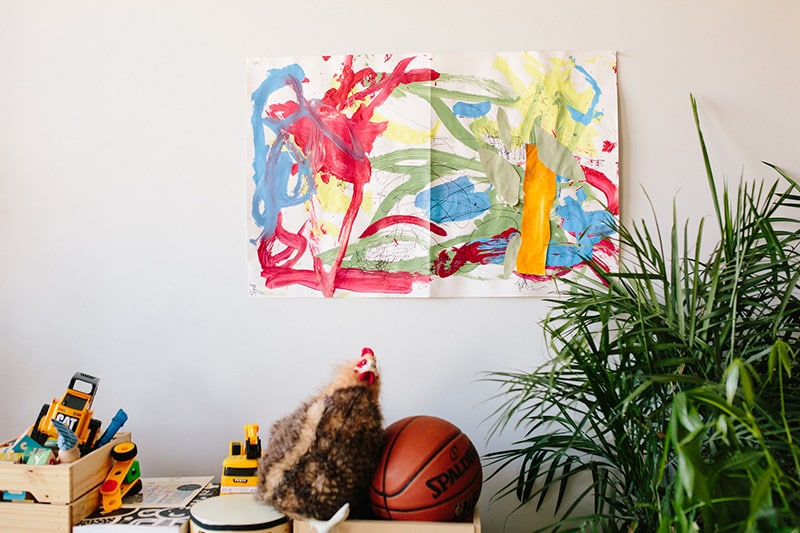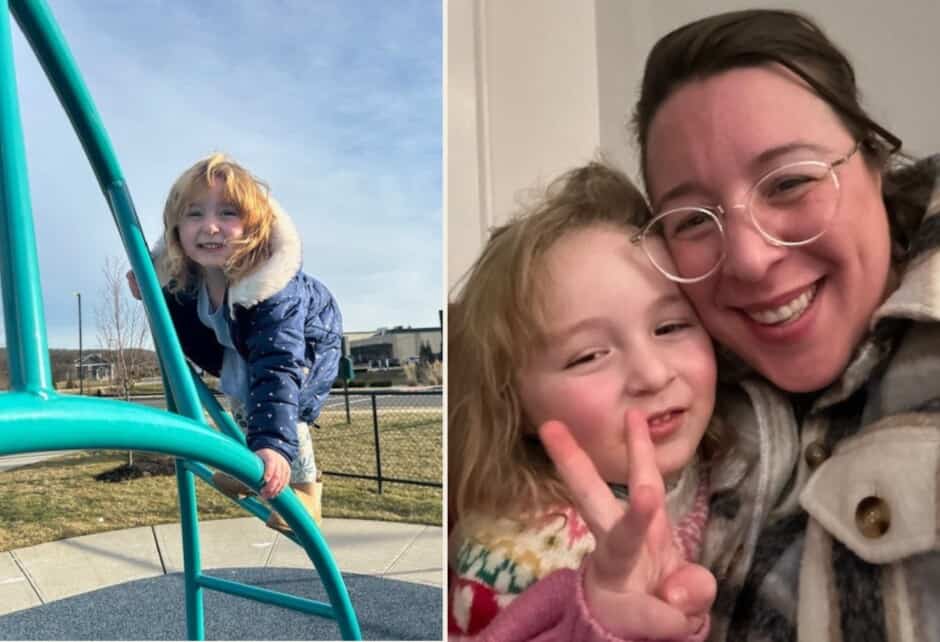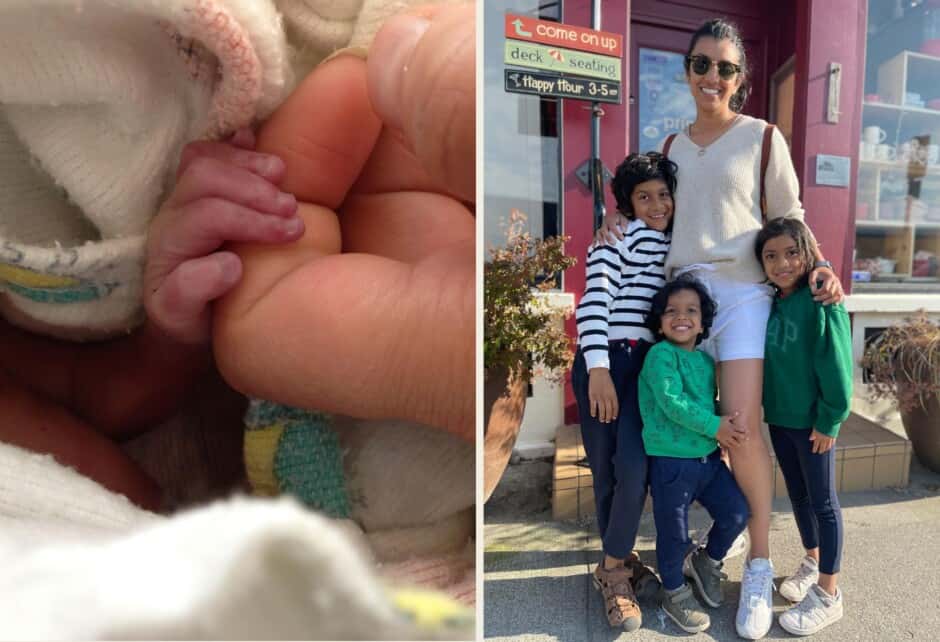
Mom Talk: My Child Has ADHD
Written by Mary Alusin
Photography by Georgie Greville, Photographed by Nicki Sebastian
We’re back with another round of “Mom Talk”, where we invite some incredible mothers, from all walks of life to share their personal experiences and journeys through motherhood, whether it be struggles, triumphs, or anything in-between—nothing’s off limits when it comes to topics. This week, Mary Alusin talks being a single mom to a child with ADHD, and the non-medicated methods she’s found helpful. -JKM
Last December, a developmental behavioral pediatrician diagnosed my six-year-old, Pipay, with suspected Attention Deficit Hyperactivity Disorder, or ADHD. It was heartbreaking, but I had already had my suspicions and begun accepting the diagnosis, even before consulting a doctor.
My daughter has always been hyperactive. Hyperactive to the point where it becomes difficult to manage her at times. When she was two years old, she was all over the place, running around and climbing tables, chairs, and windows. It seemed like she never ran out of energy. Aside from that, her speech is delayed. She is turning six this year, but there are times when she still talks gibberish and you really can’t understand the words coming out of her mouth.
I don’t know if it’s correlated, but when Pipay was still inside my tummy, she was always moving. I spent $200+ for a 4D ultrasound package to see her development, but the doctor said that everything was fine.
Being a single parent to a child with suspected ADHD is not a walk in the park. Sometimes, all you can do is cry at night, wondering how to handle all the responsibilities by yourself. My daughter needs a lot of my attention, but at the same time, I have to work. If I don’t work, I wouldn’t be able to provide for her. It’s not easy, but I have to try and make the best of each day.
Although it’s undoubtedly challenging, I have found that you can absolutely manage your kids with symptoms of ADHD. I mean, I wouldn’t be able to write and share this with you if I didn’t have the luxury of time, right? Fortunately, I’ve come up with a few simple, effective, and convincing ways to handle my daughter’s overwhelming behavior sans medication. They are not scientific, but I have been using them since her diagnosis, and they actually work. For those of you feeling like you’re in a similar situation, maybe try some of these out yourselves.
Study, listen, and understand: Being knowledgeable about ADHD and its effects on kids can give you an idea of how to handle your child’s behavior. Listening to other people who have ADHD will also change your approach to everything. If you do not learn and understand your child’s behavior, you may find it harder to manage with the emotions that come with it.
Be positive: It’s not always easy to stay calm and reassure your child that everything is okay when they are busy insulting you. However, as a parent, you need to take charge of your child’s physical and emotional health. Various factors can influence their symptoms. Pipay’s doctor said that the child should know who the authority is, and that is you. Remember, staying calm will make it easy to connect with your child. If you are a perfectionist, you will suddenly create impossible expectations for your child, and you’ll always be dissatisfied. Furthermore, every time you feel like your son or daughter is out of control, take a notebook and list all the unique aspects of your child. A positive mind goes hand-in-hand with a healthy body. Whether it’s eating right, practicing meditation, or exercise, try to find ways to incorporate these methods into reducing stress. Joining a support group for parents can provide a good place to share experiences and vent feelings.
Eat healthily: Although diet is not proven to be the exact cause of ADHD, food can and does affect your child’s mental state. Keeping an eye on what foods he/she eats and how much they eat can improve their symptoms. Kids with ADHD do not always eat regular meals, and without supervision, they can end up bingeing on whatever they can find. The results can cause varying behaviors. Try to always ensure that the child eats no more than three hours apart. Do away with the junk, sugary foods, and anything fatty. Talk to your doctor about introducing a mineral and vitamin supplement.
Encourage your children to make friends: Children with Attention Deficit Disorder usually have a harder time socializing, as they end up interrupting frequently, talking too much, or coming off as too intense. This makes them a target for unfriendly teasing. You can encourage your child to learn social skills by making time for them to play, inviting a friend over, and role-playing various situations with your child.
Set rules and expectations: Having clear boundaries and expectations can help you manage your child’s behavior. Write down the rules and place them where your child can easily refer to them. After setting the rules, remember to explain what happens when they are both followed and broken. Be consistent with this routine and give consequences and rewards. If you notice good behavior, reward and praise your child. Most kids with ADHD receive complaints, remediation, and correction about their actions. As a parent, positive reinforcement can help you know how to deal with the emotions. When choosing rewards, try a variety to reduce boredom. Reward your child immediately instead of promising future rewards. Create a chart where you mark off boxes or add star stickers to remind them of their successes. If possible, restrict privileges or try time-out as a consequence for bad behavior, and never, ever use force or yelling. Just like rewards, make sure to enforce consequences right away. Children with ADHD can be difficult to manage. Nonetheless, with the right system in place, healthy diet, and adequate sleep, you should notice a major change in their behavior. Consistency is key and just remember you’re in this together.
Are you a mom with something to say? Send us an email to be considered for our “Mom Talk” column.
Share this story



